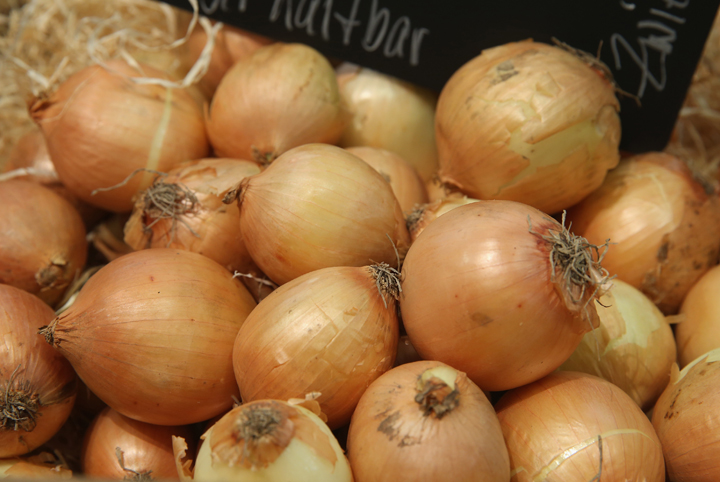It might be one of most dreaded things about cooking: chopping onions. After a few seconds, the burning starts and tears begin to roll down our faces. But what is the science behind that?

A new video produced by the American Chemical Society (ACS) explains why onions make you look like someone just asked you to “Hold the door” 10 minutes after watching Game of Thrones.
WATCH: Why do onions make you cry?
Onions, like garlic allium galic, chives, belong to the alium plant genus. These vegetables absorb sulfur in the ground and form amino acid sulfoxides. This turns into a gas. In the case of onions, once you cut into it, you break open individual cells, exposing the enzymes and gas, including something called sulfenic acid, ACS explains.
Sulfenic acid now turns into the very long syn-propanethiol S-oxide, a sulfur compound. Now that meets your eyes.
Our bodies are always out to protect us from harm. In the case of our eyes, nerves try to protect us. When that sulfur compound gets to our eyes, it begins to burn because the nerves are doing their job — trying to make sure our eyes are protected. This triggers the tears in our lacrimal glands which then release tears to wash away what’s irritating our eyes.
But, once we start cooking the onions, the enzyme is deactivated.
Interestingly, wearing contact lenses has been reported to reduce the effect of tearing up when cutting onions. That could be because your eye already has an irritant in it — the contact lens. It’s protecting the cornea, where the nerves are, and are already producing extra tears to moisturize the eyes, washing away the irritant before it penetrates the lens.
Want to avoid the tears? ACS suggests refrigerating the onions, which reduces the onion’s ability to release the compounds. Or, you could always wear goggles.


Comments